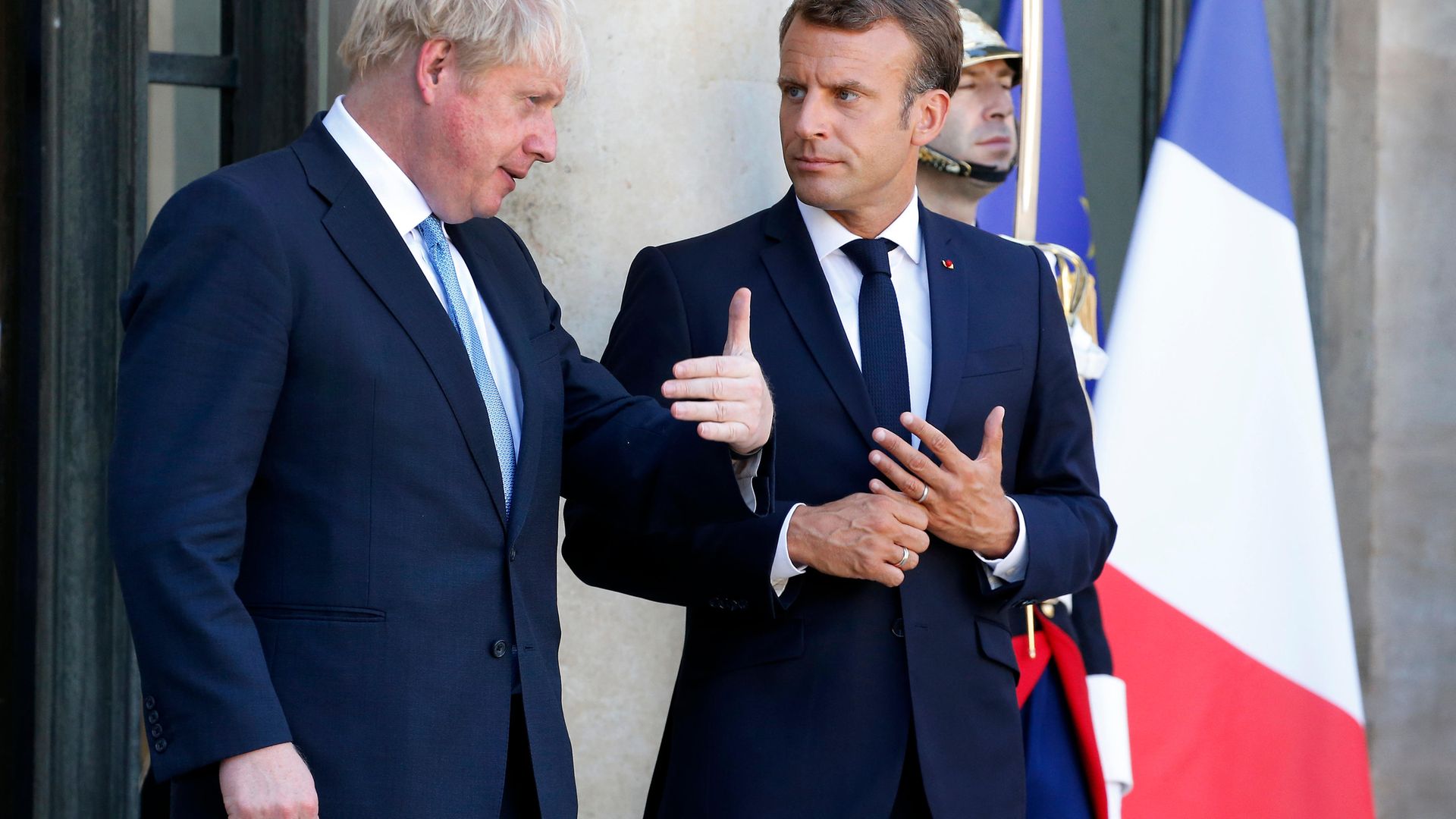
He was sitting on one of the iron-framed and wooden-bottomed chairs there are dotted about beneath the chestnut trees lining the Esplanade des Feuillants, and as I recall – although, I concede with such a brief encounter, my memory may well have embellished – he was tilted back on its rear legs. His then-wife and a child or two were with him in the Tuileries gardens – my then-wife and a brace of the same were with me.
We recognised him from a way off – say what you will about him, he had already by then – the mid-2000s – perfected a silhouette as instantly identifiable as an Orangina bottle’s, together with a certain numinous – but for all that, profoundly real – orangey tinge to his hair and skin. Anyway, we loosely met, exchanged a few inanities: Here for the weekend? Check. Been hither and thither? Check. Quite possibly the Jardin d’Acclimatation was proposed by one party to the other as a good place to take the kids – but I can’t remember which family were the proposers, the Selfs or the Johnsons.
Why does this picayune rendezvous stay with me? It’s not just because Boris Johnson has gone on to become such a powerfully divisive figure in Britain’s national life (and further afield); neither is it simply because we were in Paris – although I’ll concede this much, it’s a city that has a bit more of an aura than, say, Bratislava. Not that I’m knocking Bratislava or Slovakia in general; the ostensible point is that if I’d run across the future prime minister pretty much anywhere in the European Union (with the exception of Britain), looking quite so at home, I suspect I’d still remember it. Perhaps not as a settled part of my awareness of the world (which would be weird), but certainly now, as we enter the last three weeks before the deadline for EU citizens to claim settled status in the UK.
Some five million have signed up already – a couple more million than were anticipated, but since there’s never been any centralised database of these folk it’s impossible to say what the real figure is. I can’t help feel that this very indeterminacy is the objective correlate of Boris Johnson’s own Janus-faced attitude towards the nation-state and its several – and often divergent – ideologies. Because it’s all over now, isn’t it – while there aren’t any counterfactuals, despite that unpublished article, in which Johnson passionately – if reluctantly – declared for Remain. But two faces really aren’t enough for that one-time boulevardier on the Esplanade des Feuillants. The Feuillants (literal meaning: the leafleters), originally known as the Society of the Friends of the Constitution, formed the right wing of the National Assembly when it split in 1791 – on the other side of the divide the Jacobins sharpened up the ‘national razor’, coalescing around Robespierre, and preparing for the execution of Louis XVI.
“The sea-green incorruptible,” as Carlyle referred to him, was in many ways the anti-Johnson. Driven by a fanatic purity, Robespierre instilled a sense of permanency into the French revolution he had helped to foment, such that soon enough he became a victim of those who’d outmanoeuvred him to reach the oceanic source of power itself: the people, repurposed as an armed revolutionary mob. Johnson travels in the opposite way, leapfrogging over the supposed red lines incised on that storied – yet curiously invisible – constitution of ours; he draws closer and closer to the establishment without – in his supporters’ fervid minds – ever quite reaching it. His revolution is a dinner party, albeit one where Mike Leigh’s Abigail is the hostess.
Years ago, my partner sat next to the then Mayor of London at a dinner held for him in Paris. The pretext was some political junketing, but being the literary editor of a journal coincidentally named – in a punning sort of a way – after Robespierre (Les Inrockuptiples) she was invited along because Johnson being a published author it was assumed he’d be interested in meeting those whose business was words. She told me his French was pretty good – but his subjects for conversation and his opinions regarding them were surpassing banal. Nevertheless, the point is: he was there, and he was speaking the language – and now he’s here, and it’s as if he never had.
Never had – and never wanted to. Of course, the pandemic has intervened to do the grunt work of widening the Channel, but the fact remains: all immigration and travel between Britain and France is now at the mercy of bilateral agreements, the inchoate character of which matches the bollocks that’s been made of the Irish borders. And we’re stuck with the Prime Minister on this right and very tight little island. Don’t get me wrong: I’m not going to give you some bullshit about how unrestricted freedom of movement between Britain and France is a mark of progress toward full liberty, equality and fraternity – I just wanted to observe that Johnson has cut off his own retroussé nose to spite his Orangina face.
What do you think? Have your say on this and more by emailing letters@theneweuropean.co.uk
Warning: Illegal string offset 'link_id' in /mnt/storage/stage/www/wp-includes/bookmark.php on line 357
Notice: Trying to get property 'link_id' of non-object in /mnt/storage/stage/www/wp-includes/bookmark.php on line 37







